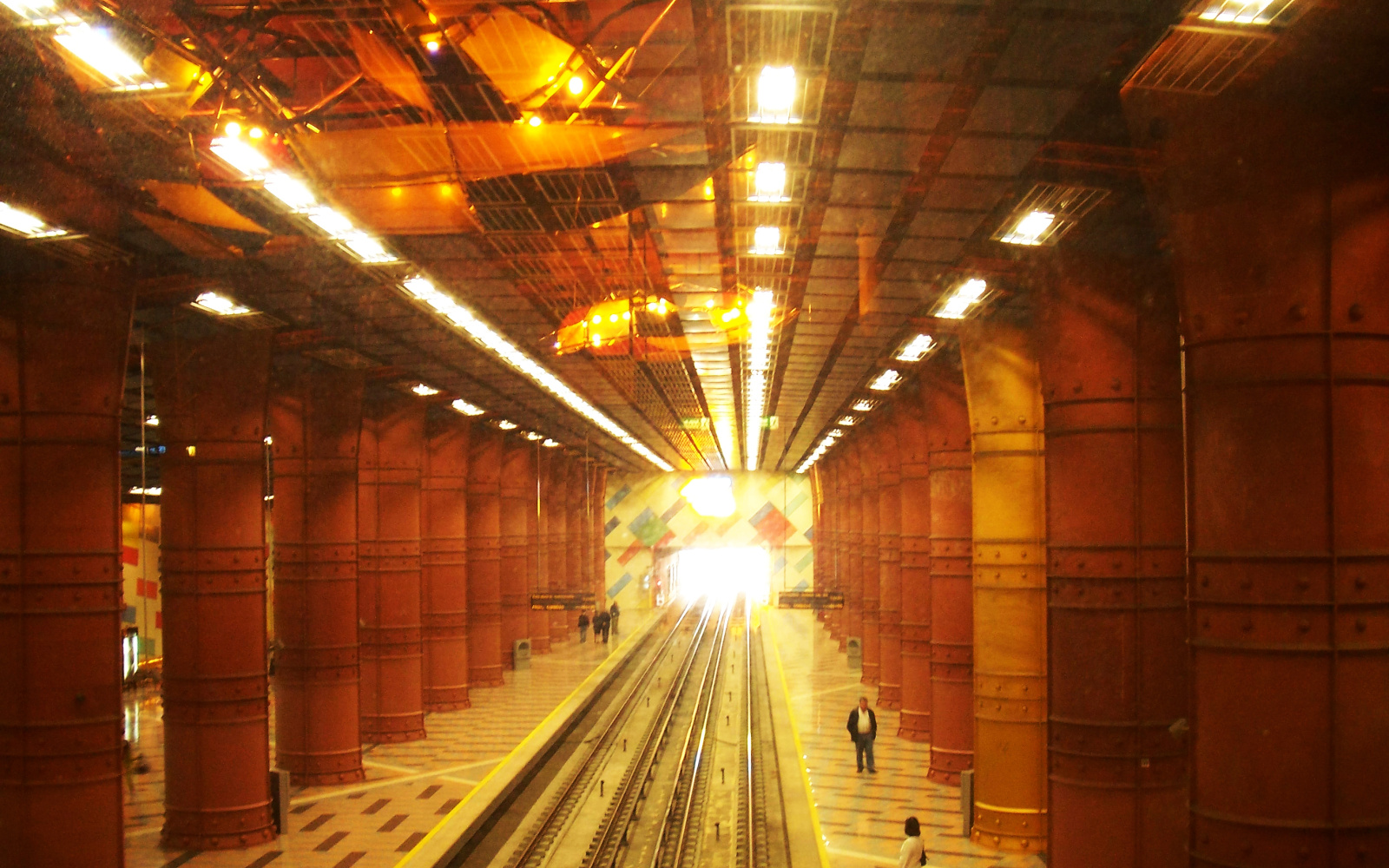Aija Laura Zivitere
The Real and the Material: Chernobyl, Plasticity and the Cinema of the (Emotional) Brain
Svetlana Alexievich in a conversation with Alexander Kluge characterises the human soul as ‘fluid’, using an adjective that comprehends both the fundamental continuity of personality and the changes taking place in his or her inner life. Alexievich makes a direct reference to the fluidity of Leo Tolstoy’s characters, however, the context of the conversation, which takes place within Kluge’s Chernobyl-cycle films, establishes a framework of such socio-symbolic, political and personal realities where brutal interruptions threaten to destroy the symbolic texture of the person’s identity and render internalisation processes problematic or even impossible. " In a similar way Catherine Malabou uses the metaphor of human lives running their course like rivers and the notion of plasticity to describe two possibilities: the constructive, creative plasticity when bodily and psychic ransformations reinforce the permanence of identity; or else the destructive, explosive plasticity when a fundamental change takes place opening up another pathway and the individual becomes a stranger to herself. " This paper analyses Chernobyl-centred films by Lina Selander (Lenin’s Lamp Glows in the Peasant’s Hut, 2011), Andrei Ujica (Unknown Quantity, 2005) and Alexander Kluge (paying special attention to »Die Todeszone als Zufluchtsort« and »Ein Gehäuse aus Stahl für Tschernobyl«) by using Malabou’s concept of plasticity and her notions of the real and the material. In this analysis I adopt a post-Deleuzian framework of the cinema of the (emotional) brain.
Aija Laura Zivitere is a filmmaker and film scholar. She studied musicology at the Latvian Academy of Music and entrepreneurship at the Information Systems Management Institute (Riga), where she teaches research methods. Her films include »Francia 2013« (2014), »Closing the Doors« (2013) and »Germania and/as/ in/is Francia« (2013). She has published essays on cinematic works by Ai Weiwei, Jia Zhangke, Shaun Gladwell, Anri Sala and Isaac Julien.
